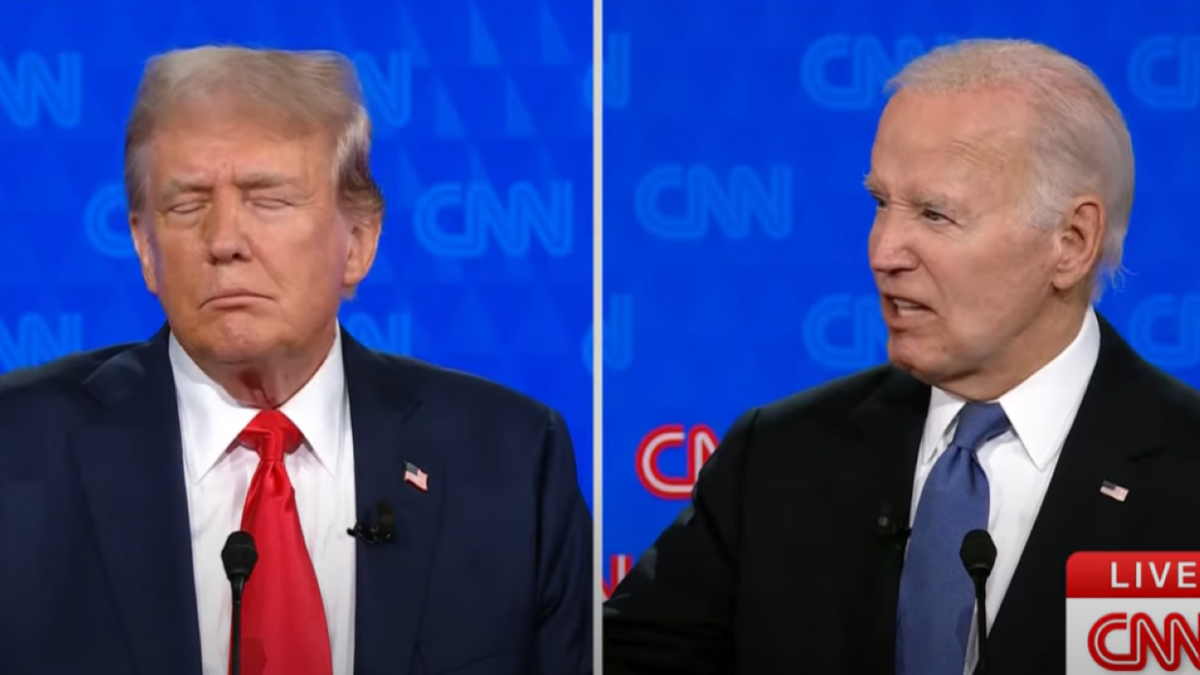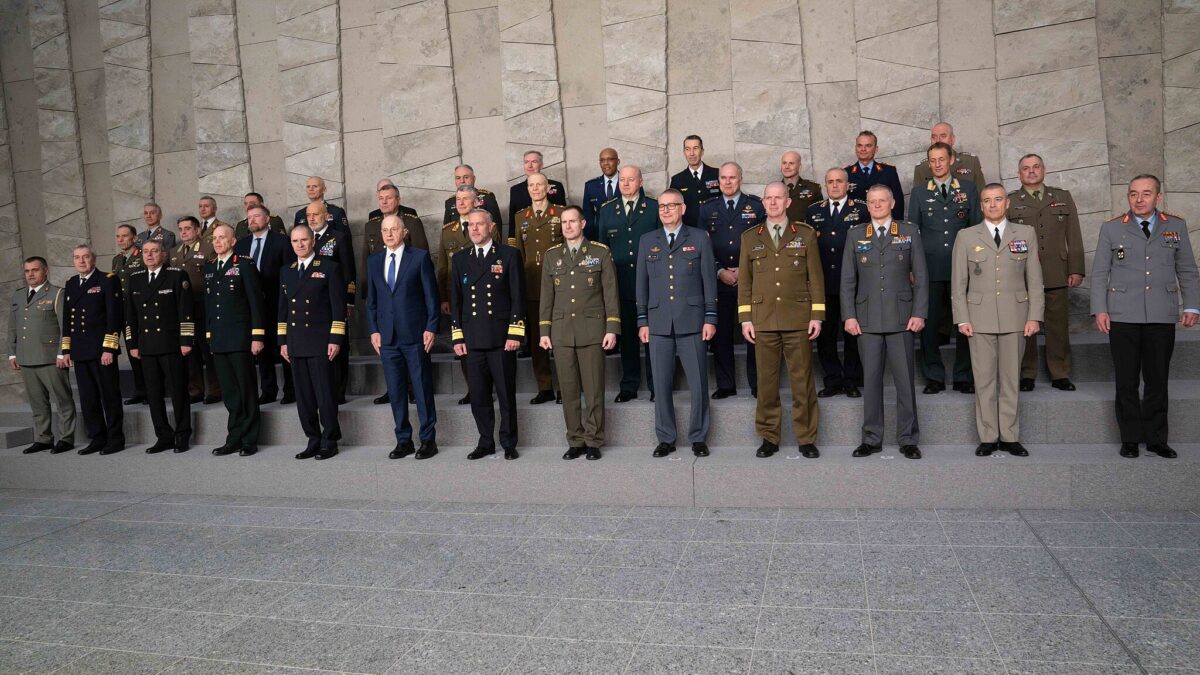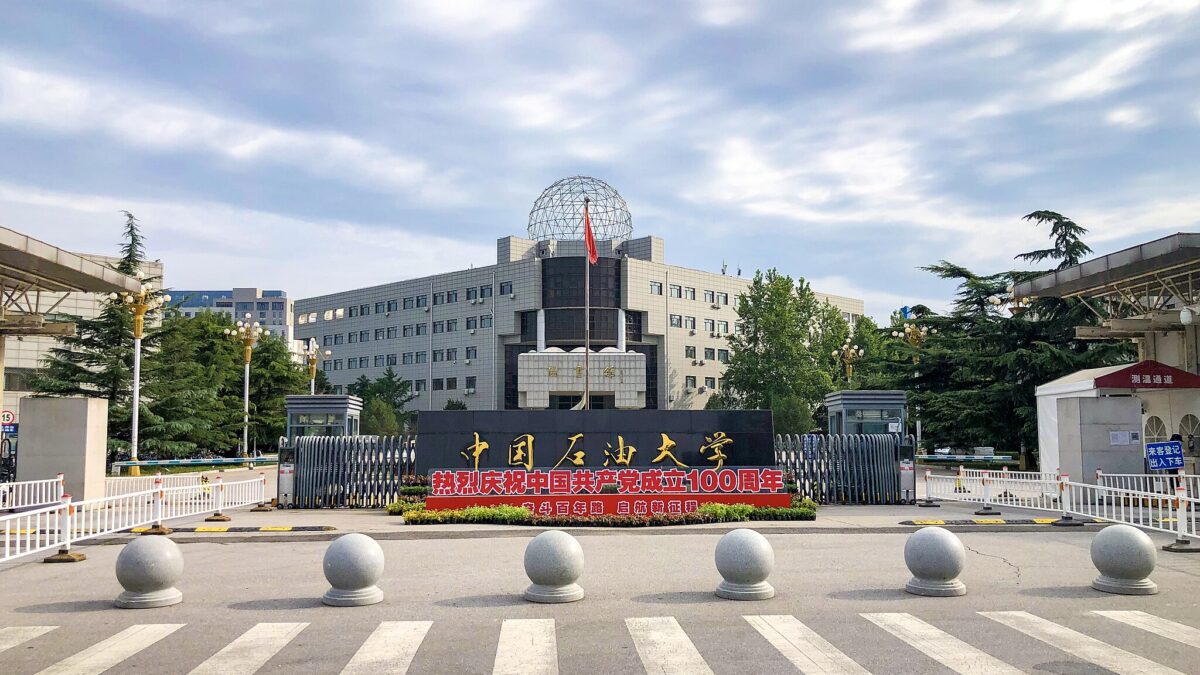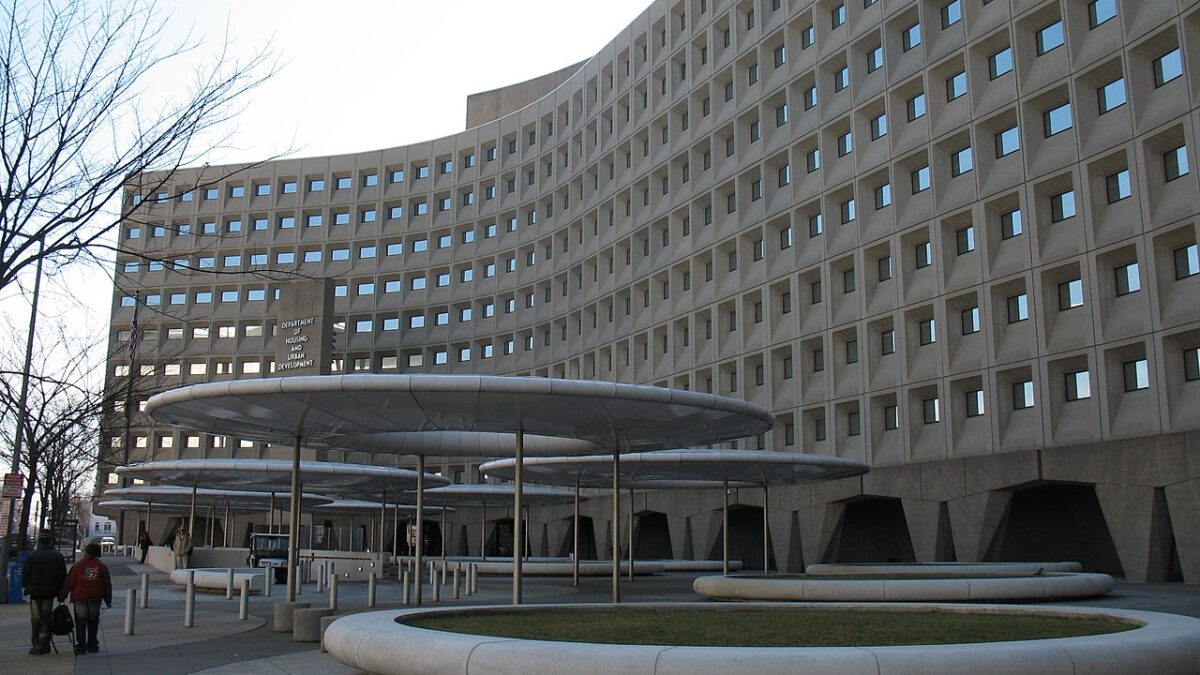
As Vice President Mike Pence elaborated in his recent doctrinal speech on the containment of China, which might very well be the sole foreign policy legacy of this administration, massive protests, riots, and violence have been going on in Chile, Lebanon, and Hong Kong. This is a new pattern of violence, happening in relatively stable and comparatively freer societies.
Hong Kong is relatively freer than mainland China, even though the protests in Hong Kong are understandable, given that it has been Beijing’s long-term design to repress Hong Kong more like the mainland. The same cannot be said about Chile and Lebanon, both relatively stable places, with Chile a member of the Organization for Economic Cooperation and Development and a neoliberal economic paradise. So, what is the cause?
Pat Buchanan argues the age of democracy might be over: “What happens when a majority or militant minority decides that the constitutional rights of free speech, free elections, peaceful assembly, and petition are inadequate and take to the streets to force democracy to submit to their demands?” This is a valid question, and as we have seen before, intolerant, small crowds take advantage of democratic rights to cause violence. Buchanan writes:
Chile is the most stable and prosperous country in Latin America. Yet when its capital, Santiago, recently raised subway fares by 5 percent, thousands poured into the streets. Rioting, looting, and arson followed. The Metro system was utterly trashed. Police were assaulted. People died. The rioting spread to six other cities. Troops were called out.
Trump Needs to Shift the Nation’s Focus
This sheds light on a growing problem: the disintegration of Latin America. For whatever President Trump’s instincts on retrenchment and buckpassing and deal-making in the Middle East, he has yet to meaningfully disengage from the region.
That is partly because it is increasingly clear his bureaucrats have found ways to delay and resist any attempt to decouple from the region. This is not a healthy development for civil-military relations. Nor is the increasing appeal of Praetorianism good, the idea that there would be a semi-permanent entrenched cadre of enlightened individuals who channel the republic, regardless of who is in power after an election. It makes the entire act of elections meaningless.
More importantly, President Trump also lacks the matching intellectual bench, think tanks, and people trained in the day-to-day handling of government, as well the message discipline to keep his goals on target. Ranting on Twitter doesn’t help much. President Trump is not known for his Epictetian stoicism.
Despite his overall laudable tendency toward retrenchment, one region needs far more attention than some tribal chieftain killing a rival in a faraway desert. The region is Latin America, traditionally America’s backyard since the 19th century, and recently the source of unrest, not quite seen since the 1980s.
Governments Are Falling Apart in Latin America
Consider the recent devastation in the region. The pro-American, pro-growth, pro-market, fragile democratic government in Argentina is on the verge of defeat and the dreaded Peronist rule is set to return. Recent reports indicate the coalition of Cristina Fernández de Kirchner might win again.
How did they manage to do that? By appealing to emotions. Abortion rights were the rallying cry for leftists. It appears if one finds a social cause emotional enough, one can also find masses to support it, even when that means voting in those same people who previously caused staggering, record-level inflation.
Chile, the beacon of fledgling democracy after decades of turmoil between a military junta and left-populist governments, is melting. The pro-American government remains under siege, with the military fighting pitched battles with street protesters, which the leftist politicians openly support. Right there, in Argentina and Chile, we have two loyal American allies under internal seige.
Among others, Venezuela remains a dictatorship, with millions of refugees flooding to another pro-American power, Colombia, proving to be a major burden on the host country. The Mexican army just surrendered to drug cartels, as I wrote last week. Ecuador is in a state of emergency after some of the deadliest riots. And the less said about Nicaragua, Honduras, and El Salvador, the better. None of them are functioning governments, and all efforts to democratize those countries have failed.
This Is Not the Time to Spread Americans Elsewhere
Troubled times need harsher strategies. Fortunately, one of the best policies would be to look back to the Reagan Doctrine, from an earlier, similarly troubled, era. U.S. diplomat Jeane Kirkpatrick wrote her seminal essay in 1979, exactly 40 years back, facing a situation very similar to this day.
America was tired after a brutal slog in Vietnam, and the Soviets were flying high after an invasion in Afghanistan. The American economy was stagnated, and Soviets were fresh. Kirkpatrick realized it was time for the United States to stop proselytizing about moral values, and bog the Soviets down in quagmires to bleed them dry. At the same time, it was prudent to avoid brutal wars, while focusing on supporting allied authoritarians in American spheres of influence. Her timeless policy suggestions are also appropriate for our current situation.
For example, Kirkpatrick wrote, “The American effort to impose liberalization and democratization on a government confronted with violent internal opposition not only failed, but actually assisted the coming to power of new regimes in which ordinary people enjoy fewer freedoms and less personal security than under the previous autocracy — regimes, moreover, hostile to American interests and policies.” American policymakers, influenced by liberal media and academics, have promoted values in regions that were not capable of grasping, she wrote.
Instead, Washington was “led by its own misunderstanding of the situation to assist actively in deposing an erstwhile friend and ally and installing a government hostile to American interests and policies in the world. At best we will have lost access to friendly territory.” As she wrote, evangelical liberalism promotion has been one of the periodic follies of American foreign policy:
Although most governments in the world are, as they always have been, autocracies of one kind or another, no idea holds greater sway in the mind of educated Americans than the belief that it is possible to democratize governments, anytime, anywhere, under any circumstances. This notion is belied by an enormous body of evidence based on the experience of dozens of countries which have attempted with more or less (usually less) success to move from autocratic to democratic government. Many of the wisest political scientists of this and previous centuries agree that democratic institutions are especially difficult to establish and maintain — because they make heavy demands on all portions of a population and because they depend on complex social, cultural, and economic conditions.
A Return to Realism Necessary for Survival
As the situation in Latin America worsens, the chances of a regional meltdown near. In the short term, that jeopardizes the security arrangement in the American sphere of influence. In the long term, it means millions of people marching north because there is no order in their homelands.
The primary objective is therefore to find allied powers and actors who are friendly to the United States and who will provide order instead of anarchy. Brazil and Colombia are two allied powers remaining in the entire continent who might help. But the situation isn’t any better otherwise. Establishing order by any means necessary should be the primary objective of American foreign policy. For that, Republicans should get back to their realist roots.









